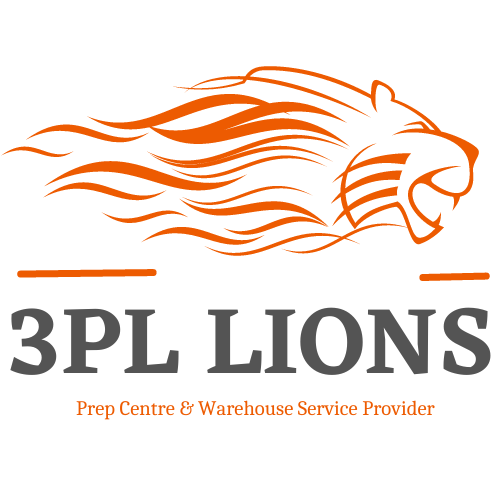In today’s fast-paced and highly competitive business environment, efficient supply chain management is crucial for companies aiming to meet customer demands and stay ahead of the competition. One essential component of modern supply chains is third-party logistics (3PL). But what exactly is 3PL, and how does it work? This article will delve into the definition, process, and available resources related to third-party logistics.
What is Third-Party Logistics (3PL)?
Third-party logistics (3PL) refers to the outsourcing of e-commerce logistics processes to a third-party business, including inventory management, warehousing, and fulfillment. 3PL providers offer various logistics services, which can include transportation, warehousing, picking and packing, inventory forecasting, order fulfillment, packaging, and freight forwarding. By leveraging a 3PL provider, businesses can focus on their core competencies while benefiting from the expertise and resources of specialized logistics companies.
The 3PL Process
The 3PL process involves several key steps that ensure efficient and effective supply chain management:
Receiving:
- Inventory Management: The 3PL provider receives products from the manufacturer or supplier. This includes unloading shipments, checking for accuracy, and updating inventory records.:
- Storage Solutions: Products are stored in the 3PL provider’s warehouse. Proper warehousing ensures products are kept in optimal conditions and can be easily located and retrieved when needed.
Order Processing:
- Order Management Systems (OMS): When a customer places an order, the 3PL provider uses advanced OMS to manage and track orders. This includes picking the right products from the warehouse and preparing them for shipment.
Picking and Packing:
- Accuracy and Efficiency: The 3PL provider picks the ordered items from the warehouse and packs them securely. This step is critical to ensure the correct items are shipped in good condition.
Shipping:
- Carrier Selection and Freight Management: The 3PL provider selects the best shipping method and carrier based on factors such as cost, speed, and reliability. They handle the entire shipping process, from labeling to documentation.
Returns Management:
- Reverse Logistics: 3PL providers also manage product returns, including processing refunds, restocking items, and handling defective products.
Benefits of Using a 3PL Provider
Outsourcing logistics to a 3PL provider offers several advantages:
- Cost Savings: 3PL providers have established relationships with carriers and can negotiate better rates, reducing shipping costs.
- Scalability: Businesses can easily scale their operations up or down based on demand without investing in additional infrastructure.
- Expertise: 3PL providers have specialized knowledge and experience in logistics, ensuring efficient and effective supply chain management.
- Technology: Many 3PL providers offer advanced technology solutions, such as warehouse management systems (WMS) and transportation management systems (TMS), for better visibility and control.
Choosing the Right 3PL Provider
Selecting the right 3PL provider is crucial for the success of your supply chain. Here are some factors to consider:
- Industry Experience: Choose a provider with experience in your industry to ensure they understand your specific needs.
- Technology: Look for providers that use advanced technology to manage and optimize logistics processes.
- Scalability: Ensure the provider can scale operations to meet your business’s growth and seasonal demands.
- Reputation: Research the provider’s reputation by checking customer reviews and seeking recommendations.
Resources for Finding and Evaluating 3PL Providers
To find and evaluate 3PL providers, consider using the following resources:
- Industry Associations: Organizations like the Council of Supply Chain Management Professionals (CSCMP) provide valuable information and resources on 3PL providers.
- Online Directories: Websites such as Logistics List and 3PL Central offer directories of 3PL providers, allowing you to compare services and read reviews.
- Trade Shows and Conferences: Attending logistics and supply chain events can help you network with 3PL providers and learn about the latest trends and technologies in the industry.
- Consulting Services: Logistics consultants can help you assess your needs and recommend suitable 3PL providers.
Conclusion
Third-party logistics (3PL) providers play a crucial role in modern supply chains by offering specialized logistics services that improve efficiency and reduce costs. By understanding the 3PL process and leveraging the resources available, businesses can select the right provider to enhance their supply chain operations and focus on their core competencies. As the business landscape continues to evolve, partnering with a reliable 3PL provider can be a strategic advantage in achieving supply chain excellence.

